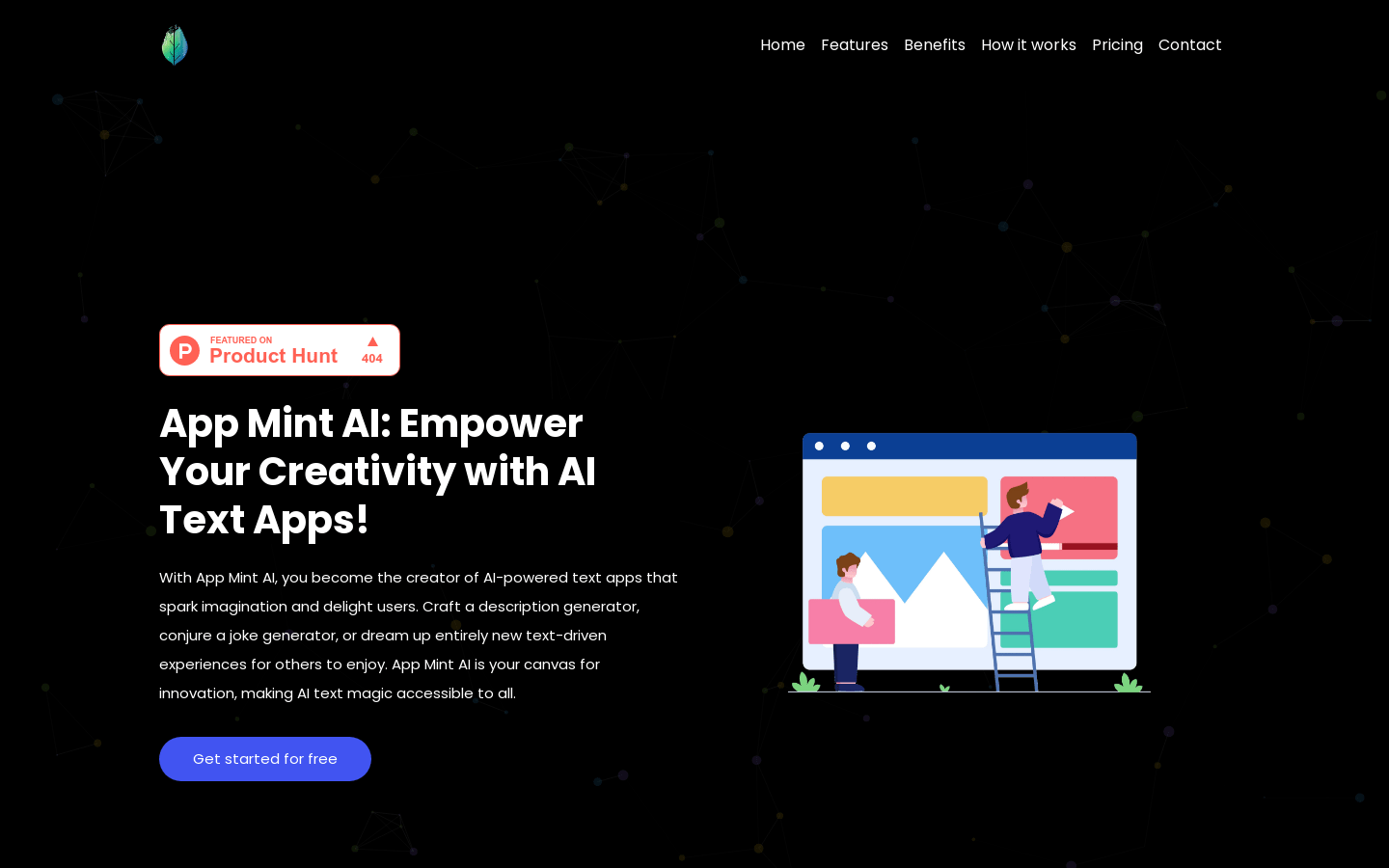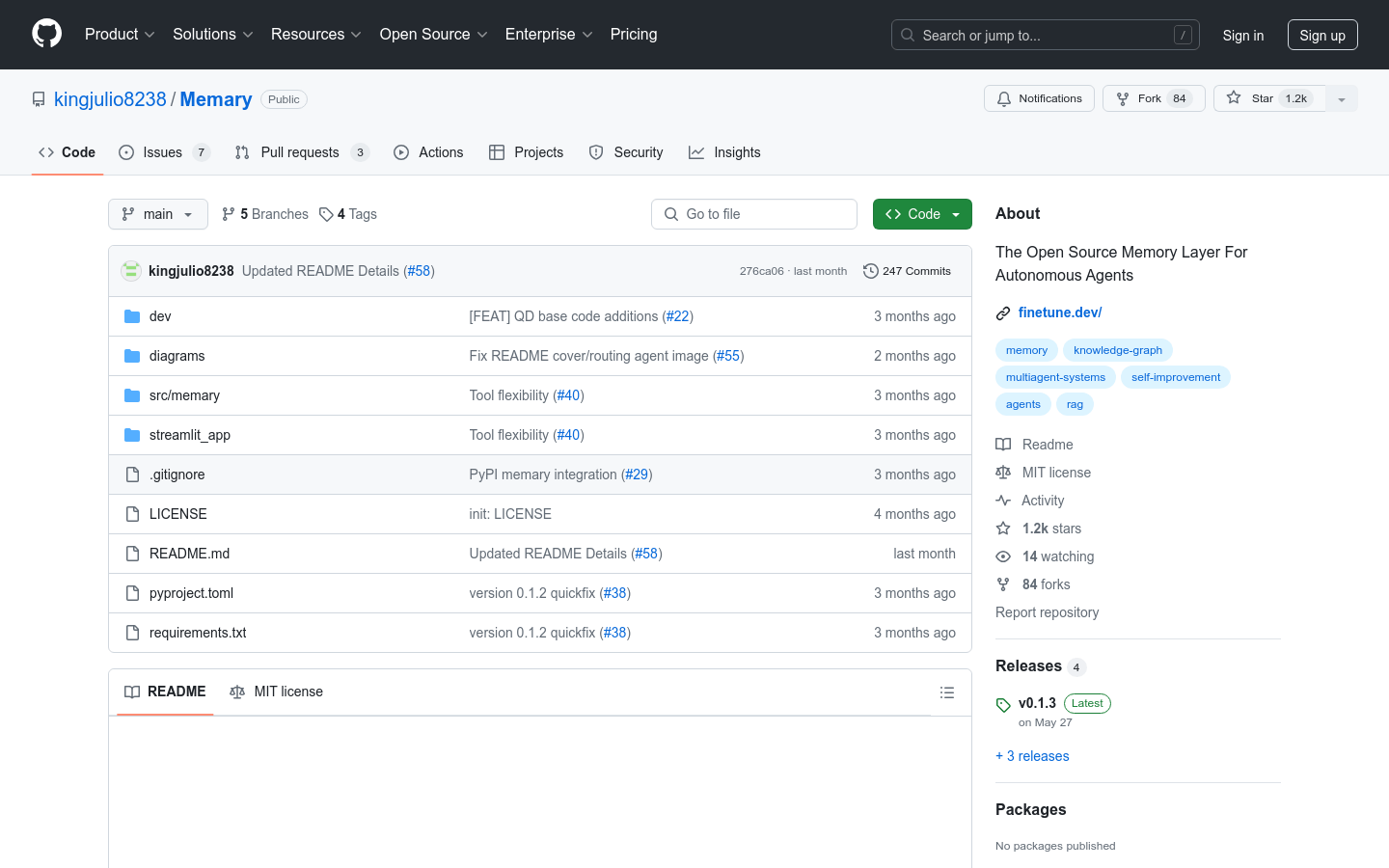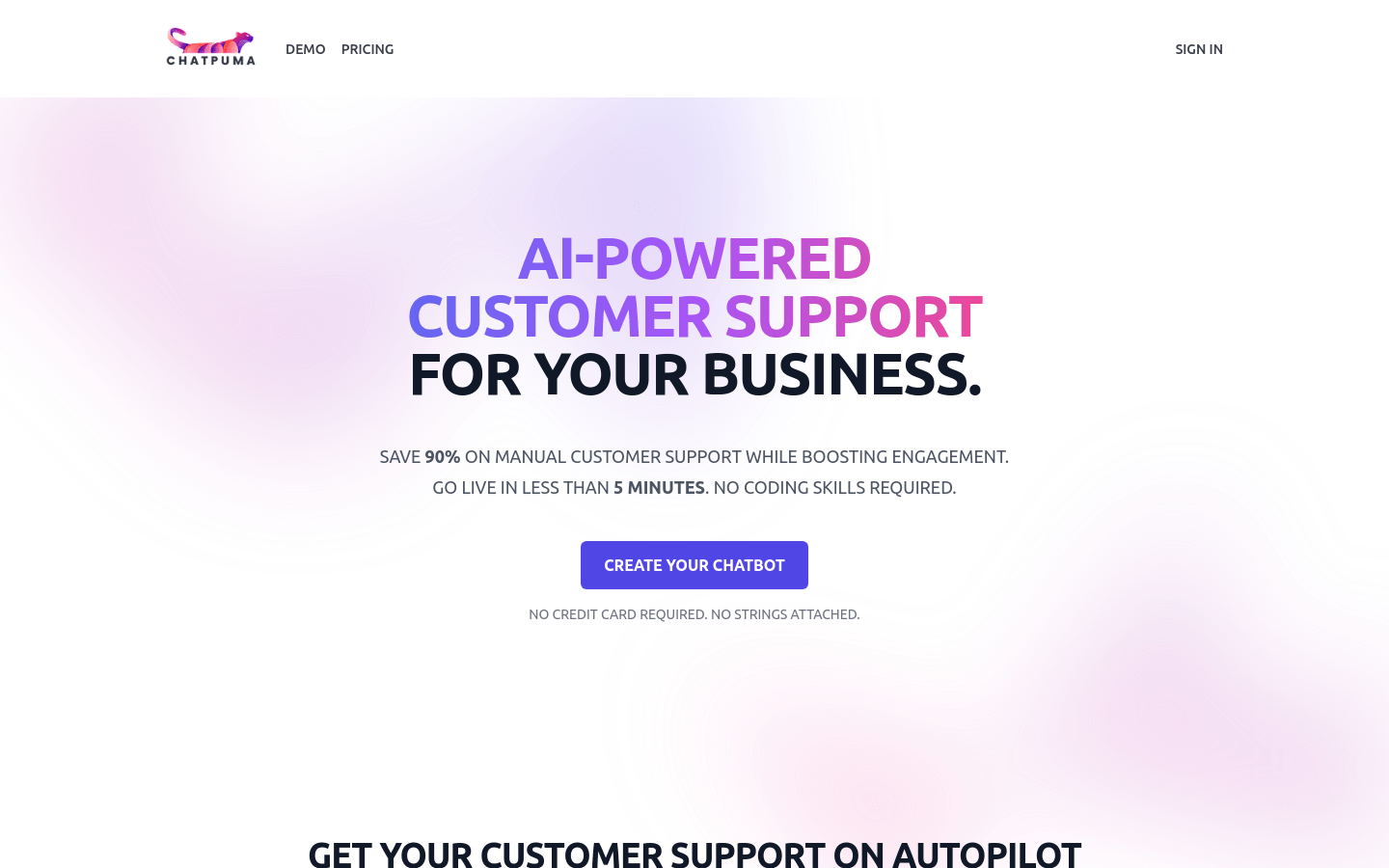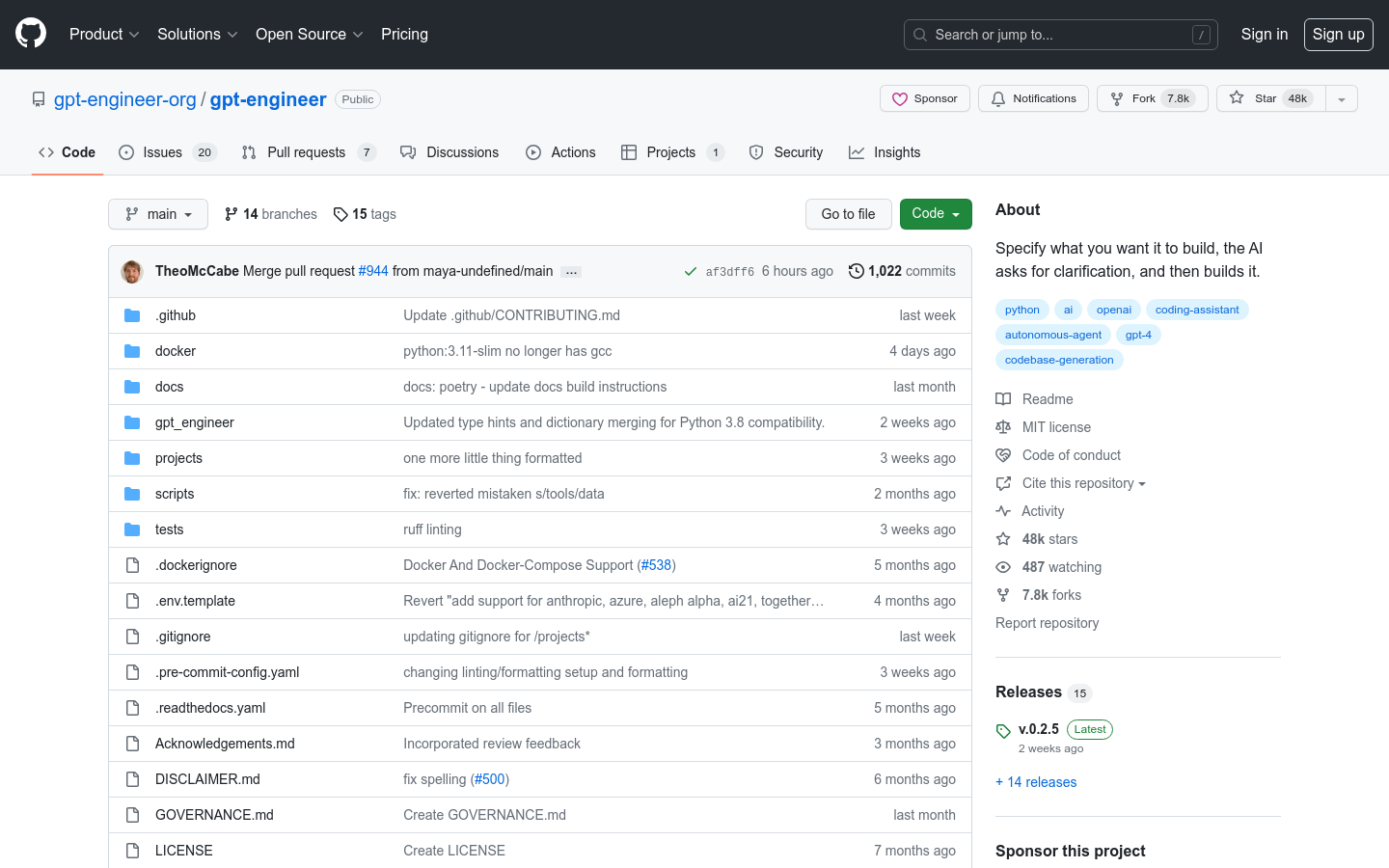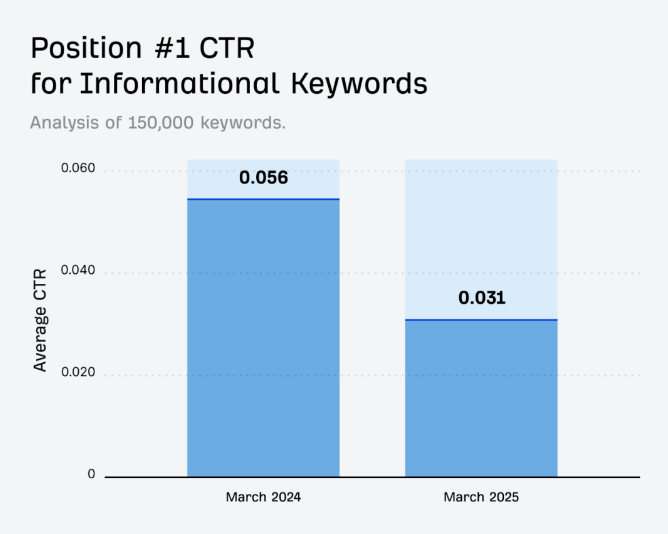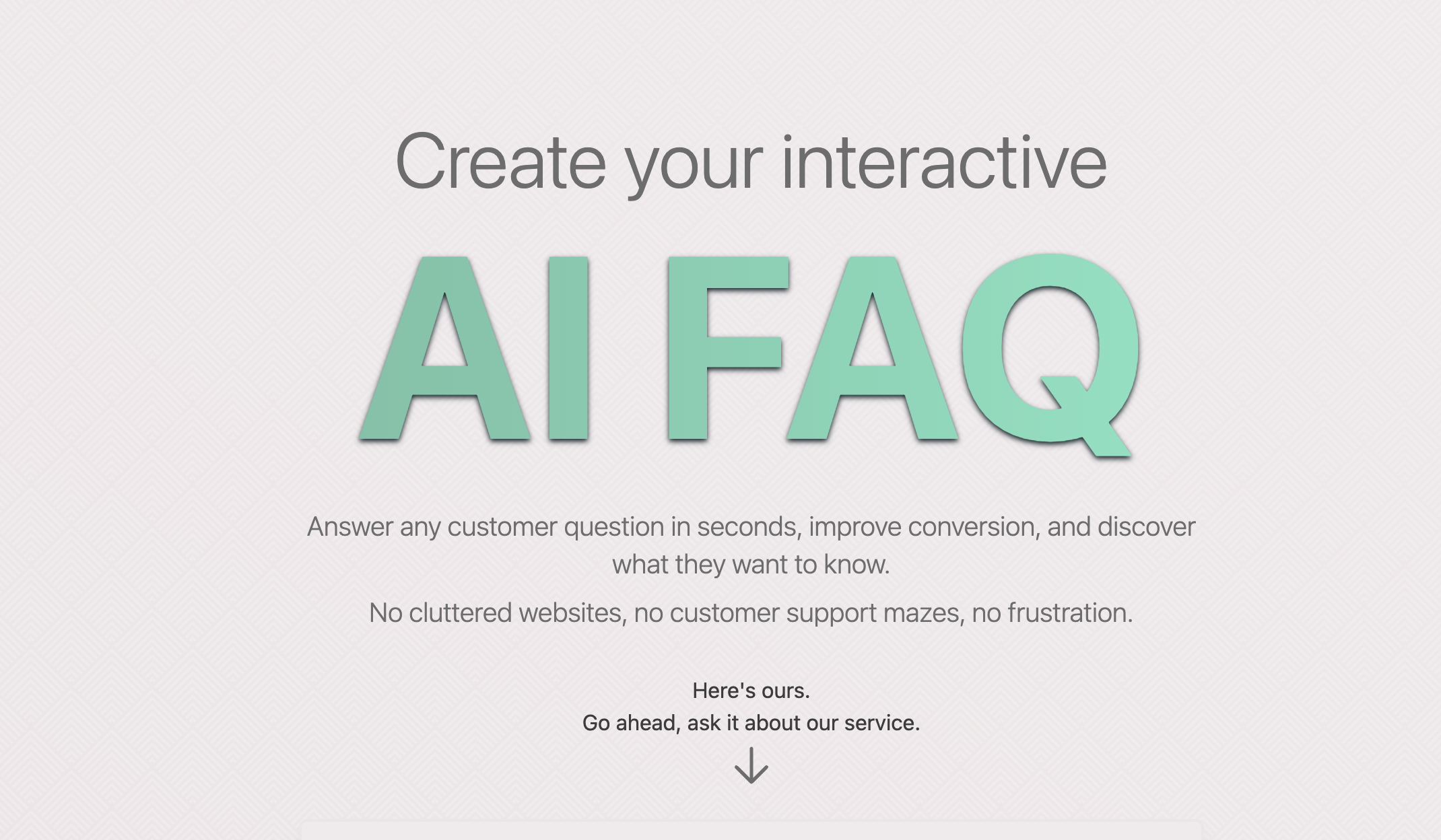
FrequentlyAskedAI is a no-code platform that allows users to quickly create their own interactive AI question and answer robots that support custom questions and answers. Users can embed robots into their own websites, mini-programs, etc. to answer customers' frequently asked questions and improve conversion rates. Key features include: customized Q&A, emotional interaction, multi-language support, etc. It is suitable for customer service scenarios of all types of enterprises. It can answer customer questions 24 hours a day and reduce manual customer service costs.
Demand group:
"Suitable for companies that need to quickly establish self-service customer service, including e-commerce, SaaS software, network services, etc."
Example of usage scenario:
Xiao Ming used FrequentlyAskedAI to create an intelligent Q&A robot containing 500 questions within a month, which was embedded into his online store and can answer more than 2,000 customer questions every day, greatly reducing the burden of manual customer service.
Xiaohong is a programmer. He used FrequentlyAskedAI to easily create a code FAQ robot with 300 built-in development-related questions. When placed on his blog, it can filter out many repeated questions and improve work efficiency.
Xiaolan's SaaS software uses FrequentlyAskedAI to quickly generate a self-service bot for frequently asked questions by customers, which is integrated into the product, greatly reducing the number of questions that require manual responses every day and increasing customer satisfaction by 20%.
Product features:
Custom Q&A
emotional interaction
Multi-language support
